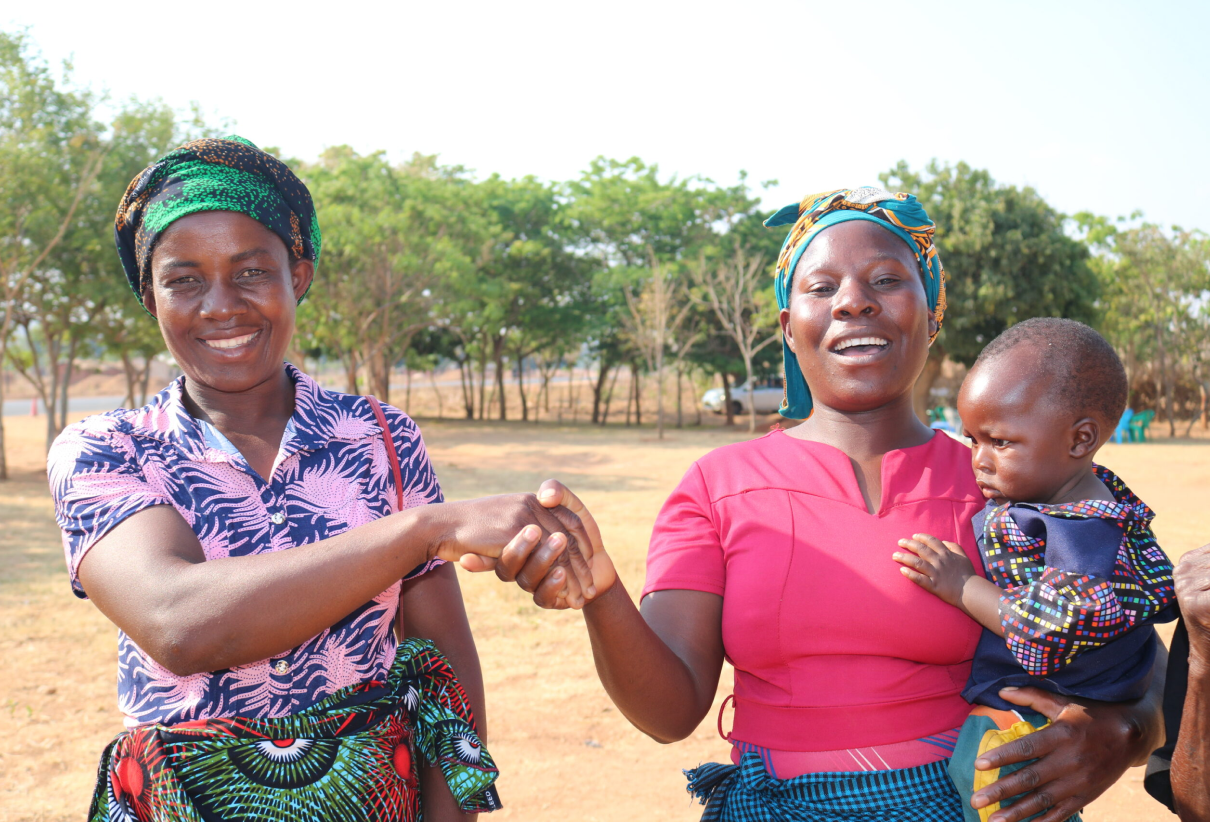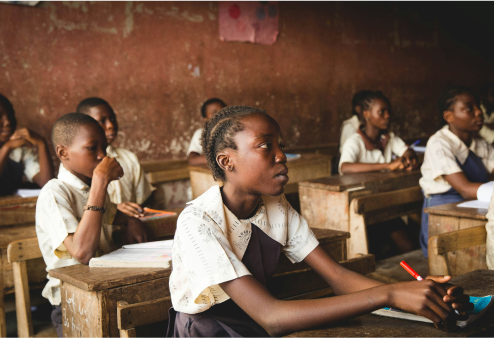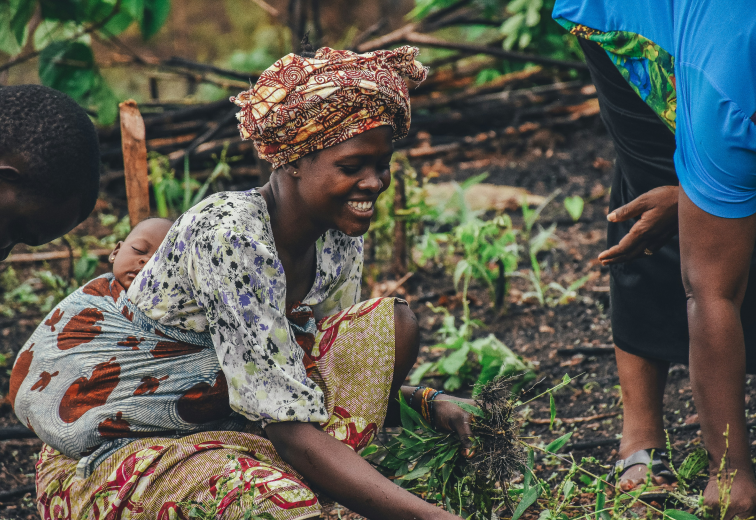
24 August, 2025
News Post
Windows of Hope Foundation Receives Prestigious Award
In a significant achievement for the nonprofit sector, the Windows of Hope Foundation has been awarded one of the most prestigious honors in recognition of its exceptional humanitarian efforts. The foundation, which has been tirelessly working to support underprivileged communities worldwide, is widely lauded for its innovative approaches to addressing systemic issues such as poverty, lack of access to education, and inadequate healthcare. This prestigious award not only highlights the foundation’s efforts but also reflects the ongoing need for compassionate leadership and sustainable solutions in the face of global challenges.
As the world becomes increasingly interconnected, the demand for effective nonprofit organizations like Windows of Hope has never been greater. From humble beginnings to becoming a key player in international development, the foundation’s journey is a testament to the power of grassroots efforts to create transformative change. In this article, we will explore the history of the foundation, its key initiatives, the significance of this award, and how this recognition serves as a catalyst for further positive action.
The Origins of Windows of Hope Foundation
The Windows of Hope Foundation was founded in 2005 by a group of compassionate individuals who were determined to make a difference in the lives of marginalized communities. The name “Windows of Hope” was chosen to symbolize the opportunities the organization aimed to create for those who had been overlooked by society—offering a window of hope for a better future.
In its early days, the foundation focused on local efforts, providing food and shelter to families living in poverty. What began as a small operation, driven by a few passionate volunteers, quickly grew as the founders realized that the issues they were addressing were far more widespread than initially anticipated. Poverty, inequality, and lack of access to basic needs were not isolated to one region but rather affected millions of people worldwide.
Motivated by the global scale of these problems, the *Windows of Hope Foundation* expanded its scope to address issues on an international level. It soon became a multifaceted organization, tackling a wide array of social challenges, including access to education, healthcare, clean water, and sustainable livelihoods. Over the years, the foundation has developed partnerships with local governments, businesses, and international organizations, making it a trusted and respected force in the global nonprofit sector.
Key Initiatives and Programs
One of the defining characteristics of the Windows of Hope Foundation is its holistic approach to addressing societal challenges. Rather than focusing on a single issue, the foundation tackles multiple interrelated problems, ensuring that its efforts are comprehensive and far-reaching. Below are some of the foundation’s most impactful initiatives:
1. Education for All
Access to quality education is one of the most effective ways to break the cycle of poverty. Recognizing this, the Windows of Hope Foundation has placed education at the core of its mission. Through partnerships with local communities, the foundation has built schools in remote and underserved areas, providing thousands of children with the opportunity to learn and grow in a supportive environment.
The foundation’s educational programs also emphasize gender equality, ensuring that girls, who are often marginalized in many parts of the world, have equal access to learning opportunities. The *Windows of Hope Foundation* provides scholarships, teacher training, and educational resources, and has also established mentorship programs that connect students with professionals who can guide them in their academic and career pursuits.
By focusing on long-term educational development, the foundation not only helps individual students but also empowers entire communities to lift themselves out of poverty through knowledge and skills.
2. Healthcare Access and Innovation
In many of the regions where Windows of Hope operates, access to healthcare is severely limited. This can have devastating consequences for families, particularly in rural or conflict-affected areas where medical facilities are scarce. To address this, the foundation has launched several healthcare initiatives, ranging from mobile medical units to partnerships with local health providers.
The foundation’s healthcare programs prioritize maternal and child health, infectious disease prevention, and mental health support. By providing essential healthcare services, Windows of Hope has helped reduce infant mortality rates, improve maternal health outcomes, and ensure that communities have access to life-saving treatments.
In recent years, the foundation has also integrated telemedicine and digital health tools into its programs, making healthcare more accessible in remote locations. This innovative approach has been instrumental in reaching underserved populations and ensuring that medical care is not limited by geographical boundaries.
3. Sustainable Development and Livelihoods
The Windows of Hope Foundation believes in the power of sustainable development to create lasting change. In addition to providing immediate aid, the foundation works with local communities to develop long-term solutions that enable self-sufficiency and economic growth. This includes initiatives such as vocational training programs, small business grants, and agricultural support projects.
By empowering individuals with the skills and resources they need to build sustainable livelihoods, Windows of Hope helps communities reduce their dependency on external aid. One of the key successes of this approach has been the foundation’s microfinance program, which provides small loans to entrepreneurs in developing countries. These loans allow individuals to start or expand their businesses, creating jobs and stimulating economic growth in their communities.
The foundation’s focus on sustainability also extends to environmental protection. Through reforestation projects, clean energy initiatives, and conservation efforts, Windows of Hope is working to ensure that its development programs are environmentally responsible and contribute to the overall well-being of the planet.
4. Emergency Relief and Disaster Response
Natural disasters and humanitarian crises can strike at any moment, often leaving communities devastated and without access to basic necessities. The *Windows of Hope Foundation* has developed a robust emergency response program that provides immediate aid in the aftermath of disasters. From food and water distribution to medical assistance and temporary shelter, the foundation’s emergency relief teams are often among the first to respond when disaster strikes.
In addition to providing immediate relief, *Windows of Hope* is committed to helping communities recover and rebuild in the long term. The foundation works closely with local governments and international organizations to ensure that rebuilding efforts are sustainable and resilient to future crises.
The Significance of the Award
The recent recognition of the Windows of Hope Foundation with a prestigious humanitarian award is a testament to the organization’s dedication and impact over the years. This award is one of the highest honors given to nonprofit organizations, acknowledging their contributions to global development and the betterment of society.
For Windows of Hope, this award is not just a recognition of past achievements but also a call to continue pushing forward. In accepting the award, the foundation’s leadership expressed deep gratitude, stating that the recognition serves as a reminder of the importance of their mission and the many lives that have been touched by their efforts.
The award also highlights the foundation’s ability to innovate in the face of challenges. Whether through the use of digital health tools, the development of sustainable economic programs, or its focus on gender equality in education, *Windows of Hope* has demonstrated that nonprofit organizations can adapt and evolve to meet the changing needs of the communities they serve.
The Impact of the Award on Future Initiatives
The recognition that comes with such a prestigious award often opens doors for further opportunities, and for Windows of Hope, this means expanding its reach and deepening its impact. The foundation plans to leverage the increased visibility and support from the award to launch new initiatives and scale up existing programs.
One of the foundation’s key priorities moving forward is to continue expanding its education programs, particularly in regions where access to schooling is still limited. By building more schools and providing additional scholarships, *Windows of Hope* aims to ensure that even more children have the opportunity to receive a quality education.
In addition, the foundation is working to develop new healthcare partnerships, particularly in areas affected by conflict or natural disasters. By strengthening its healthcare infrastructure and expanding its mobile medical units, Windows of Hope hopes to provide even more communities with life-saving medical care.
The award has also inspired the foundation to double down on its efforts to promote sustainability and environmental protection. As part of its future plans, Windows of Hope is exploring ways to integrate more renewable energy projects into its development programs, ensuring that communities have access to clean and affordable energy sources.
Conclusion
The Windows of Hope Foundation’s receipt of this prestigious award is a powerful reminder of the positive change that can be achieved through compassion, dedication, and a commitment to global justice. For nearly two decades, the foundation has worked tirelessly to uplift marginalized communities and provide hope to those in need. This award not only celebrates the foundation’s past achievements but also signals a bright future filled with continued impact and innovation.
As the world continues to face complex challenges, from climate change to social inequality, organizations like Windows of Hope serve as beacons of hope, demonstrating that it is possible to create a better world for all. With this award, the foundation is more motivated than ever to continue its mission of transforming lives and building a more just and equitable future.
By: Windows of Hope Foundation

